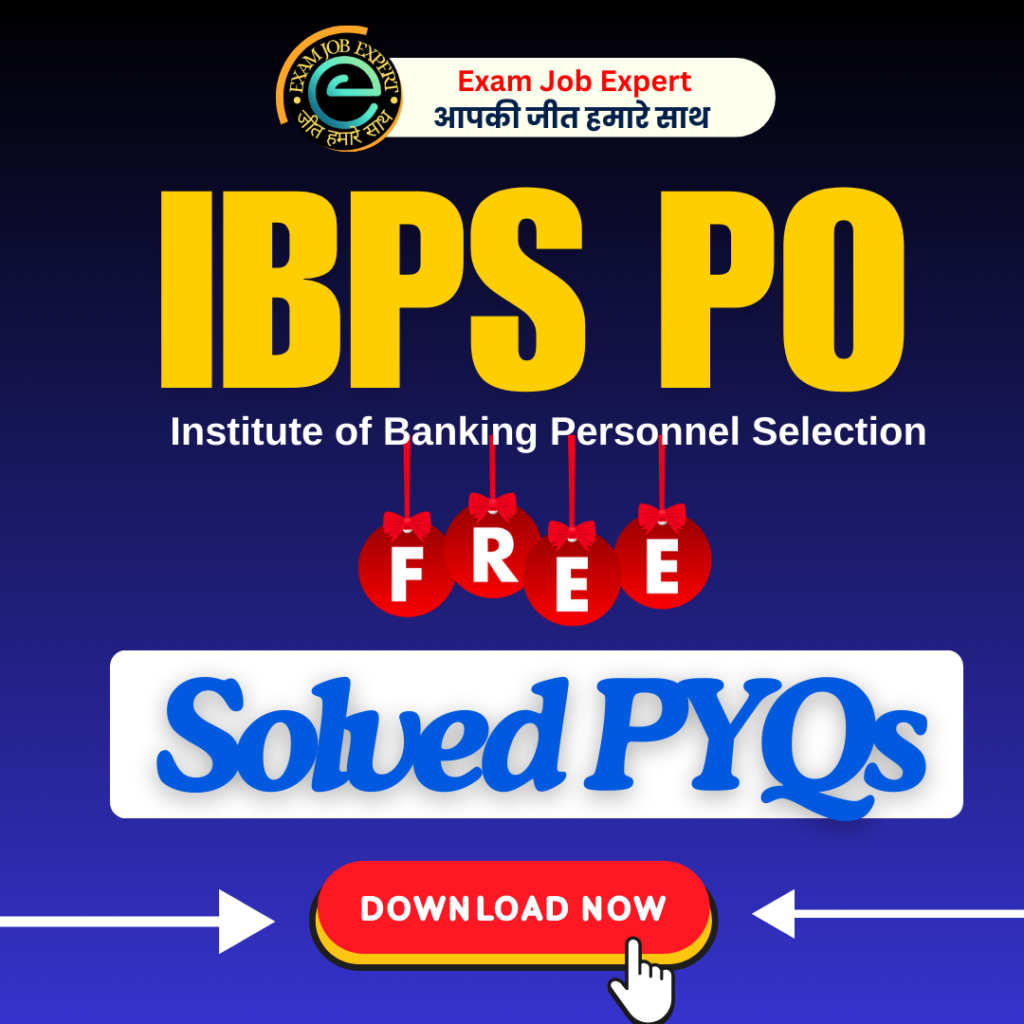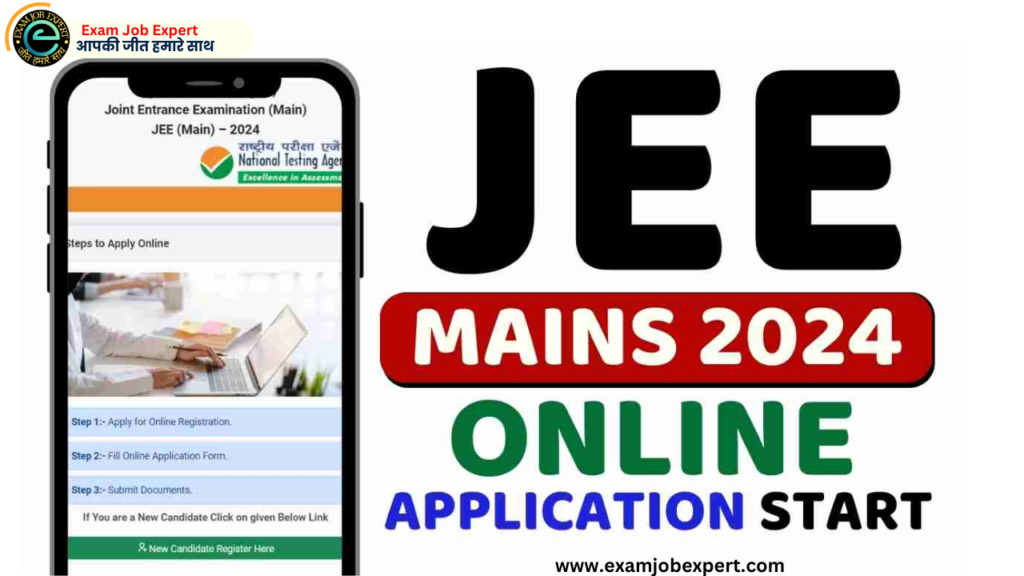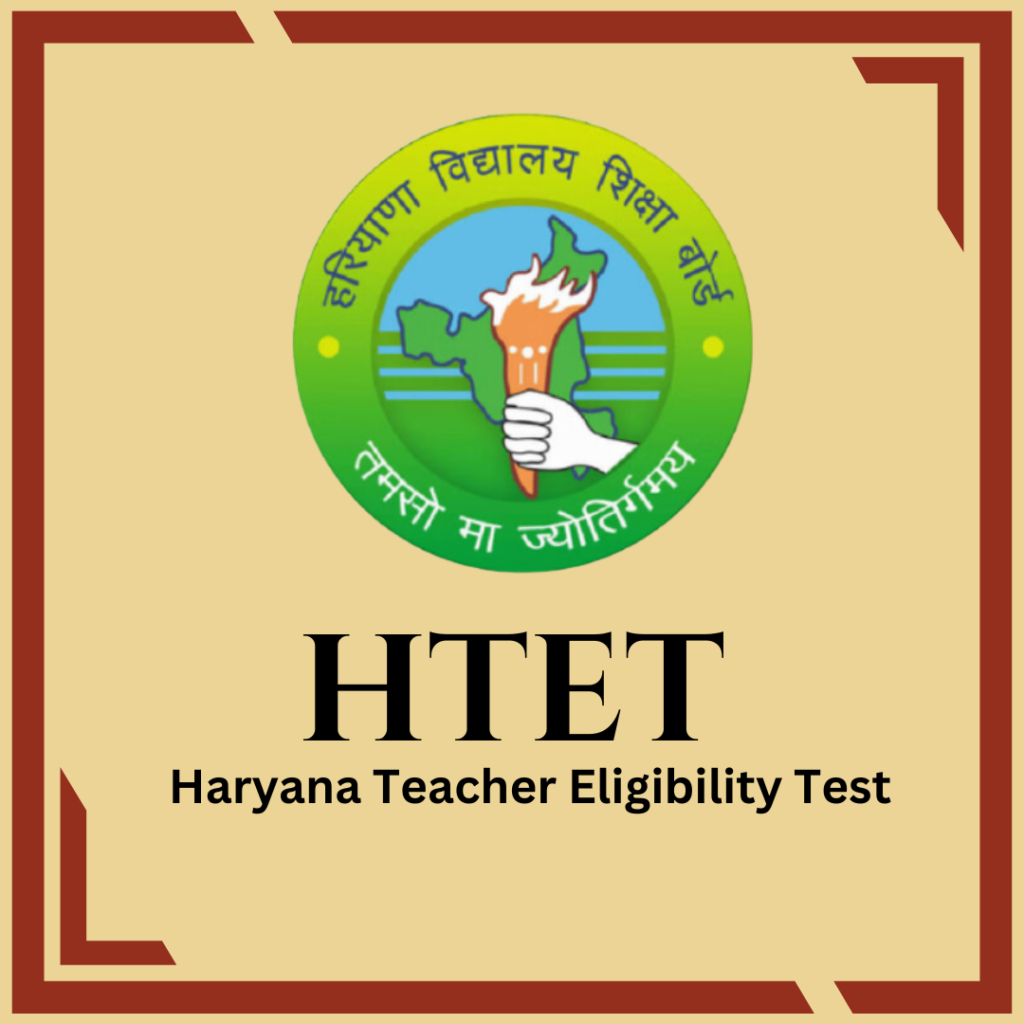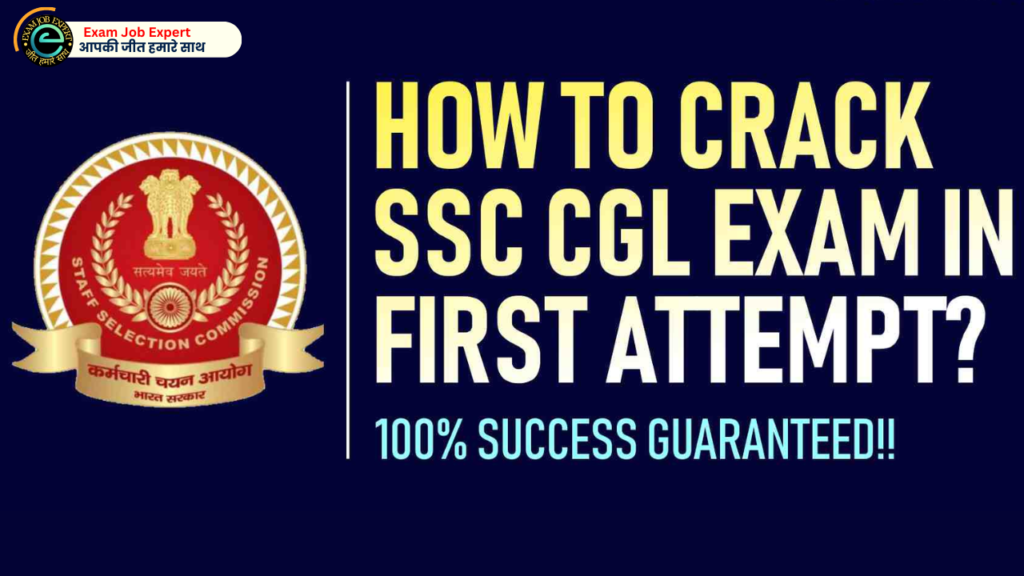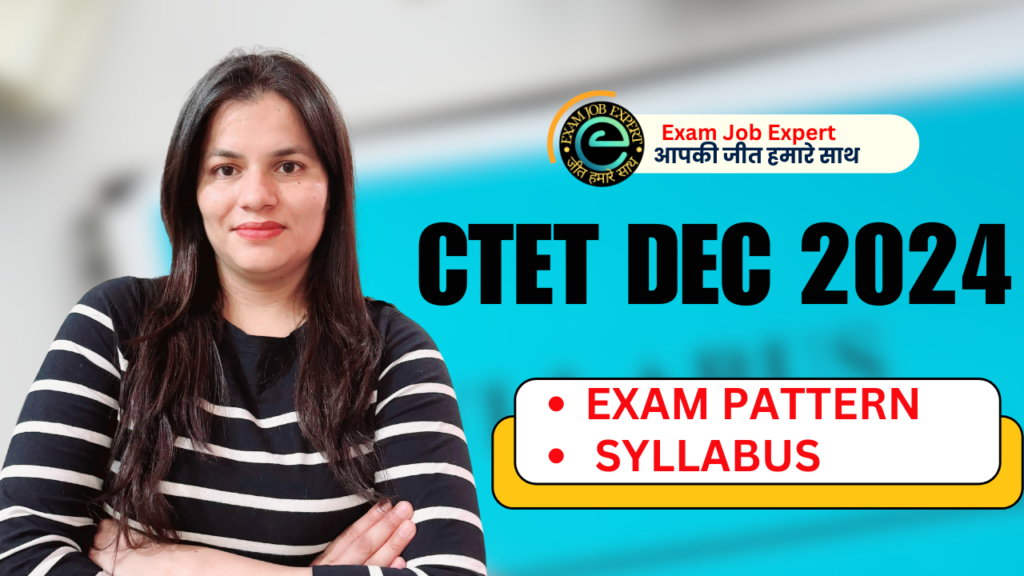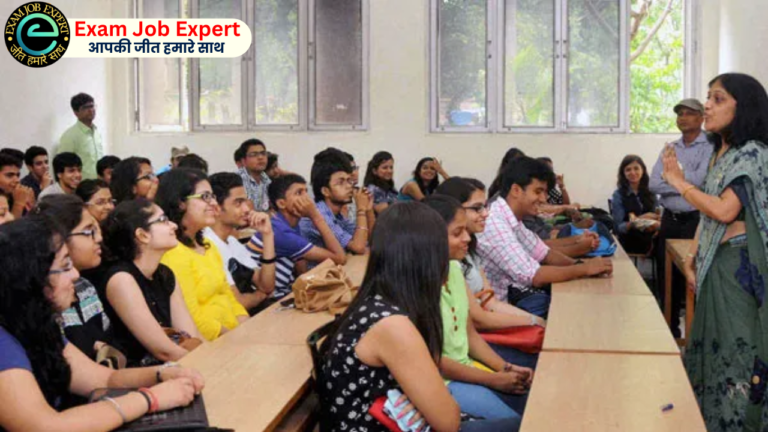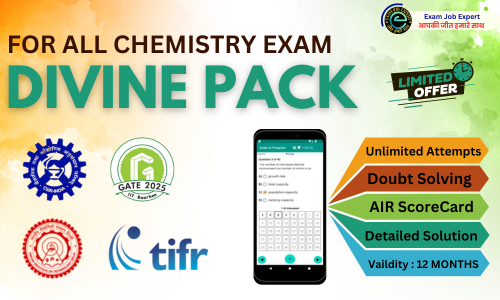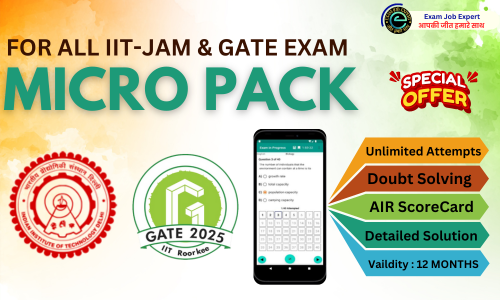Tips to Crack the CTET Exam in First Attempt
By EXAM JOB EXPERT Published: September 24, 2024
Tips to Crack CTET Exam in First Attempt: The Central Teacher Eligibility Test (CTET) is a crucial examination for individuals aspiring to become teachers in Central Government Schools. CTET 2024 demands rigorous preparation and a strategic approach to ensure success in the first attempt. This detailed article provides valuable insights and effective strategies to crack the CTET exam confidently.
ADVERTISEMENT
Tips to Crack CTET Exam in First Attempt
Candidates are advised to follow the provided tips to help them crack the CTET Exam in their first attempt:
- Examining the CTET Syllabus
Before diving into preparation, candidates should thoroughly review the CTET SYLLABUS - for both Paper 1 and Paper 2. Familiarizing themselves with the syllabus ensures comprehensive coverage of all exam aspects. Paper 1 encompasses five subjects: Child Development and Pedagogy, Language I, Language II, Mathematics, and Environmental Studies. Conversely, Paper 2 includes four subjects: Child Development and Pedagogy, Language I, Language II, and Mathematics or Science/Social Studies.
- Analyzing the CTET Exam Pattern
Understanding the CTET EXAM PATTERN - is paramount for candidates. It provides insights into the format, number of sections, questions, and marking scheme. With Paper 1 tailored for Classes I to V teachers and Paper 2 for Classes VI to VIII, each paper comprises 150 multiple-choice questions, totaling 150 marks. Candidates have 2 hours and 30 minutes to complete the exam.
- Choosing Expert Recommended Books
Selecting CTET BOOKS - recommended by experts is crucial for grasping fundamental concepts. Opting for one or two books per subject is advisable to avoid last-minute topic exploration. Candidates should rely on authentic, up-to-date editions to prevent conceptual confusion and undue stress.
- Practicing Mock Tests and Sample Papers
Engaging in mock tests, question banks, and sample papers is instrumental in achieving high scores. Candidates can evaluate their performance, identify strengths and weaknesses, and enhance question-solving speed, accuracy, and time management skills through consistent practice. - Solving Previous Year’s Papers
Solving questions from previous years’ papers sheds light on paper trends, difficulty levels, and recurring topics. Candidates must tackle questions from the last decade of CTET papers to fortify their preparation. - Revision is Key
Frequent revision is indispensable in any CTET preparation strategy. Candidates should compile short notes while studying relevant topics, facilitating quick revision of syllabus-prescribed topics.
ADVERTISEMENT
Section-Wise CTET Preparation Tips
Here are some specifically designed preparation tips for each subject:
- Child Development and Pedagogy: Practice mock tests and focus on essential topics like child-centred education, socialization processes, and key theorists.
- Mathematics: Create a list of important formulae and revise consistently. Key topics include geometry, numbers, and arithmetic operations.
- Environmental Studies: Stick to NCERT and geography books, read newspapers regularly, and solve previous year’s papers.
- Science: Refer to NCERT books, solve mock tests, and focus on crucial topics like food, materials, and natural resources.
- Social Science: Concentrate on historical periods, geography, and current affairs. Practice extensively with mock tests and previous year’s papers.
- Language: Revise grammar concepts, expand vocabulary, and read newspapers for language enrichment
ADVERTISEMENT
Study Plan For CTET Preparation
This table provides a structured study plan for CTET preparation, indicating the recommended hours per day and the corresponding topics to study for each subject.
| CTET Subject | Hours per Day | Topics to Study |
|---|---|---|
| Child Development and Pedagogy | 1-2 hours | Child Development, Inclusive Education |
| Language I | 1 hour | Language Comprehension, Pedagogy |
| Language II | 1 hour | Language Comprehension, Pedagogy |
| Mathematics | 1-2 hours | Numbers, Geometry, Algebra |
| Environmental Studies | 1 hour | Family and Friends, Animals, Plants |
| Science/Social Studies | 1-2 hours | History, Geography, Science Concepts |
Cracking the CTET exam in the first attempt requires meticulous planning, dedicated effort, and strategic preparation. By following the tips and strategies outlined in this guide and adhering to a well-structured study plan, candidates can enhance their chances of success. Remember to stay focused, practice consistently, and maintain confidence throughout your CTET preparation journey. With perseverance and determination, achieving success in the CTET exam is attainable.
Tips to Crack CTET Exam in First Attempt FAQs
Understand the Exam Pattern & Syllabus:
- Know the structure of the CTET exam—Paper 1 is for primary level (classes 1–5), and Paper 2 is for elementary level (classes 6–8).
- Understand the syllabus for both papers, including the subject weightage, and prioritize topics accordingly.
Make a Study Plan:
- Allocate specific time slots to cover each section of the syllabus, and set clear daily or weekly goals.
- Divide your preparation time between theory, problem-solving, and revision.
Refer to the Right Study Materials:
- Use NCERT books from class 1 to 8 as the primary reference.
- Go through CTET-specific books by trusted authors like Arihant, Disha, or Pearson.
Focus on Child Development & Pedagogy:
- This section has a significant weightage in both papers, so focus on child psychology, learning processes, and educational concepts.
Practice Previous Years’ Question Papers:
- Solve as many past question papers as possible to get an idea of the type and pattern of questions.
- Analyze your performance and improve weak areas.
Attempt Mock Tests:
- Take regular mock tests to manage time effectively during the exam and build exam-day confidence.
Understand Basic Concepts of Teaching Methodologies:
- Be clear with teaching methods, learning aids, and evaluation processes, as this will form a large part of the pedagogy sections.
Stay Updated with Current Affairs:
- Read daily newspapers and stay updated on educational policies, teaching techniques, and general knowledge related to the education system in India.


